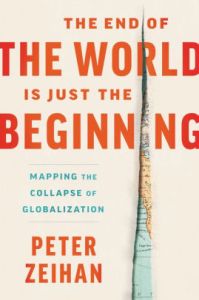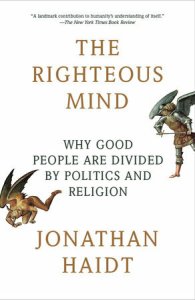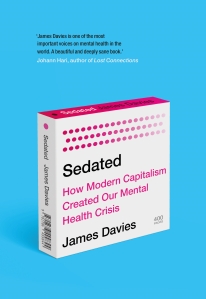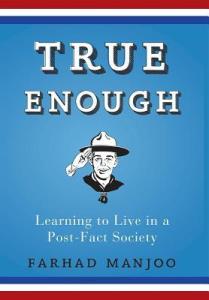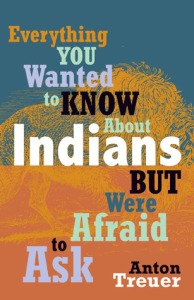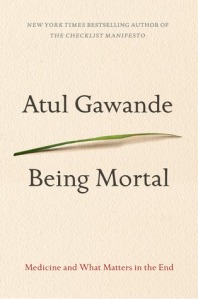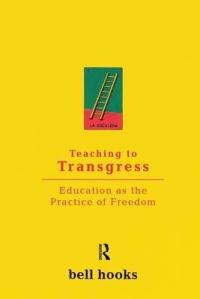Title: The End of the World is Just the Beginning: Mapping the Collapse of Globalization
Author: Peter Zeihan
Genre: Current Issues
Trigger Warnings: Death (mentions), climate crisis, existential dread, war, genocide (mentions), animal death (mentions), natural disasters
Back Cover:
2019 was the last great year for the world economy.
For generations, everything has been getting faster, better, and cheaper. Finally, we reached the point that almost anything you could ever want could be sent to your home within days – even hours – of when you decided you wanted it.
America made that happen, but now America has lost interest in keeping it going.
Globe-spanning supply chains are only possible with the protection of the U.S. Navy. The American dollar underpins internationalized energy and financial markets. Complex, innovative industries were created to satisfy American consumers. American security policy forced warring nations to lay down their arms. Billions of people have been fed and educated as the American-led trade system spread across the globe.
All of this was artificial. All this was temporary. All this is ending.
In The End of the World is Just the Beginning, author and geopolitical strategist Peter Zeihan maps out the next world: a world where countries or regions will have no choice but to make their own goods, grow their own food, secure their own energy, fight their own battles, and do it all with populations that are both shrinking and aging.The list of countries that make it all work is smaller than you think. Which means everything about our interconnected world – from how we manufacture products, to how we grow food, to how we keep the lights on, to how we shuttle stuff about, to how we pay for it all – is about to change.
In customary Zeihan fashion, rather than yelling fire in the geoeconomic theatre, he narrates the accumulation of matchsticks, gasoline, and dynamite in the hands of the oblivious audience, suggesting we might want to call the fire department.
A world ending. A world beginning. Zeihan brings readers along for an illuminating (and a bit terrifying) ride packed with foresight, wit, and his trademark irreverence.
Review:
I don’t remember if I knew what this book was actually about when I put it on hold at the library. The library had a multi-month wait, and if I ever knew, by the time it was my turn for it I’d forgotten. I thought it was going to be about climate change.
The tone of this review is very calm, but after reading this, I am anything but. (Please picture me curled up in the corner and sobbing “It was supposed to be about climate change, it was supposed to be about climate change …”)
There is so much in this book. Economics, demographics, geography, politics, geopolitics, oil, shipping, transportation, global trade, energy, agriculture, manufacturing, military, industrialization, colonization … this is a book about how the world is ending and climate change doesn’t even come in until 89% of the way through. The world we know is in the process of ending and climate change isn’t even a major factor.
I knew the situation was dire in a vague, faraway sense. The only real threat I was aware of was climate change – where scientists can never seem to agree on how long it will take to kill us – and a vague concept of “unsustainability.” This book made it real. I didn’t realize how badly, how thoroughly, and how imminently the world is screwed. Climate change barely comes into play in this examination. There is so much more poised to go wrong – and it’s already started.
There are no solutions here. Peter gives us no advice and no ways forward. He just describes what’s happening, explains how we got here, and predicts what might happen and why. Many of the disasters in progress have already passed the point of repairability. The collapse of our current way of life is real, possible, and imminent. And yet the book is also vaguely hopeful, strangely. Our current way of life and many individuals won’t survive the upheavals, but humanity as a whole probably will. And if Peter’s predictions are right, the worst of it will be over in less than 30 years.
This book gave me a better understanding of economics, geopolitics, and the global supply chain. It shattered everything I thought I understood about clean energy. It made me rethink the future – both the world’s and my own. I’m terrified, but I simultaneously feel a little better about the end of the world. If I can’t do anything about it, at least I know what’s coming.
I don’t know where I, or the world, can go from here. What do you do when you learn the apocalypse has already started? I don’t think there are answers, and even if there are they sure aren’t in this book. Reading this won’t help you escape the coming apocalypse, but at least you’ll feel better informed along the way.

